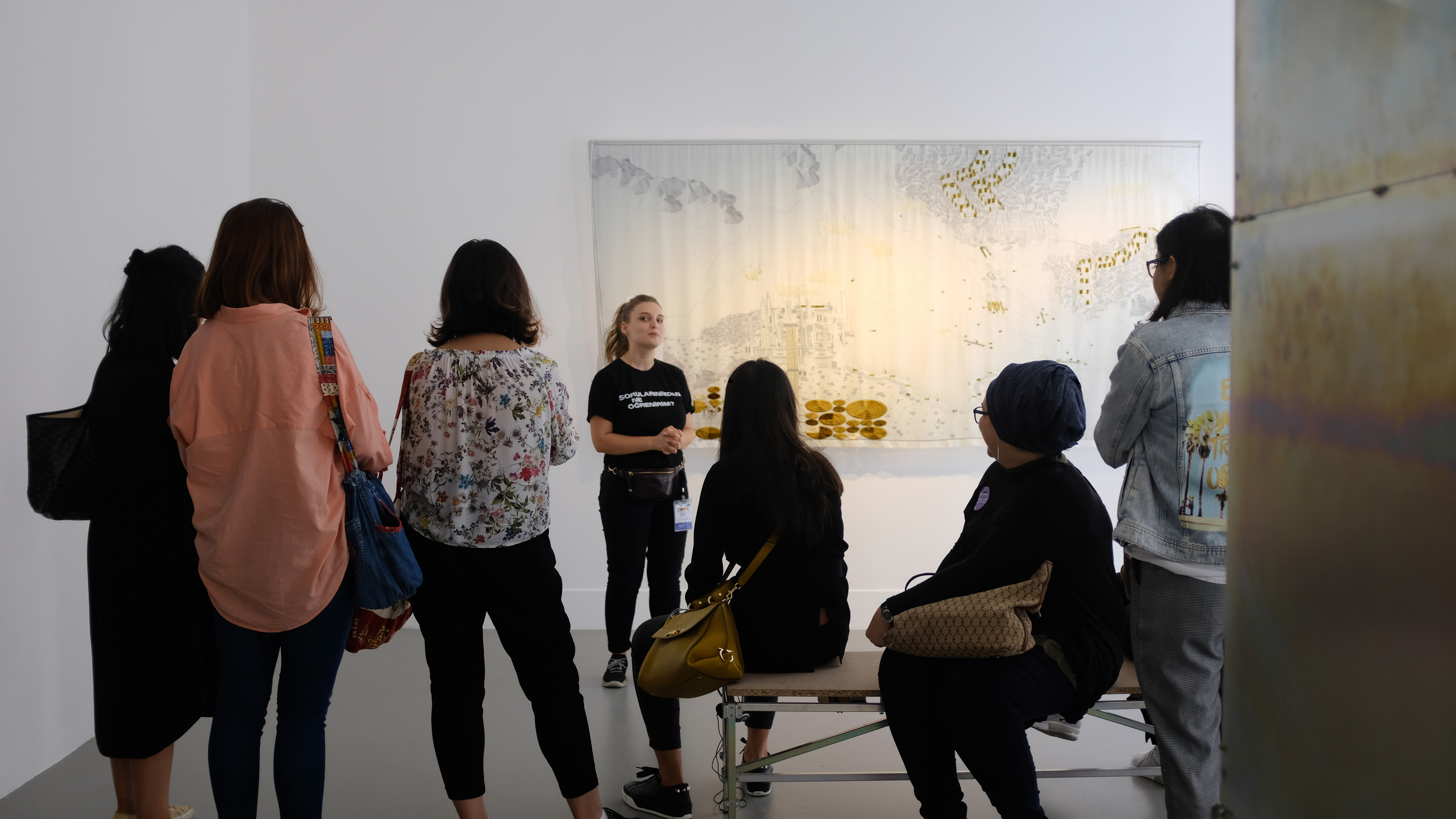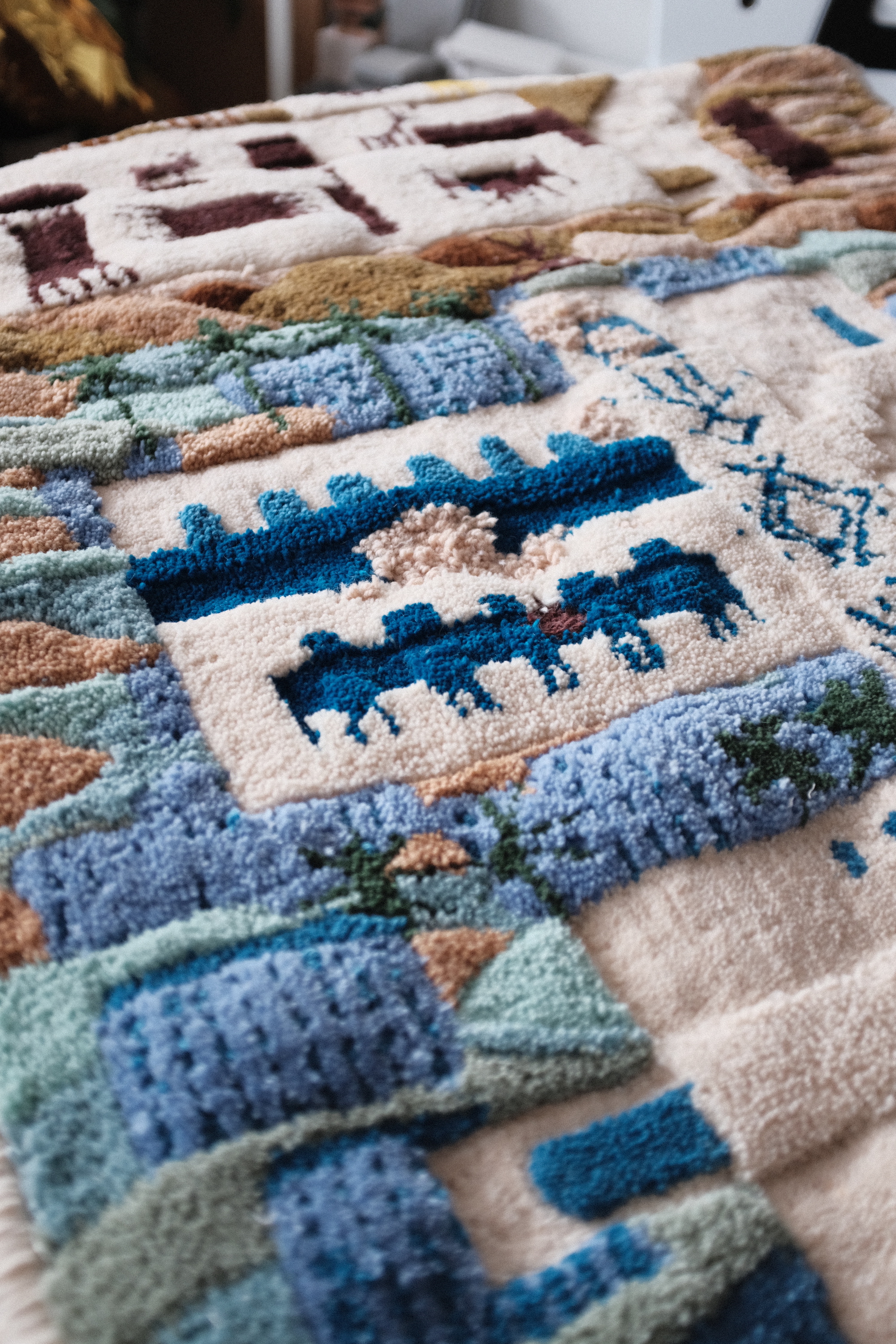If Algae Mattered…
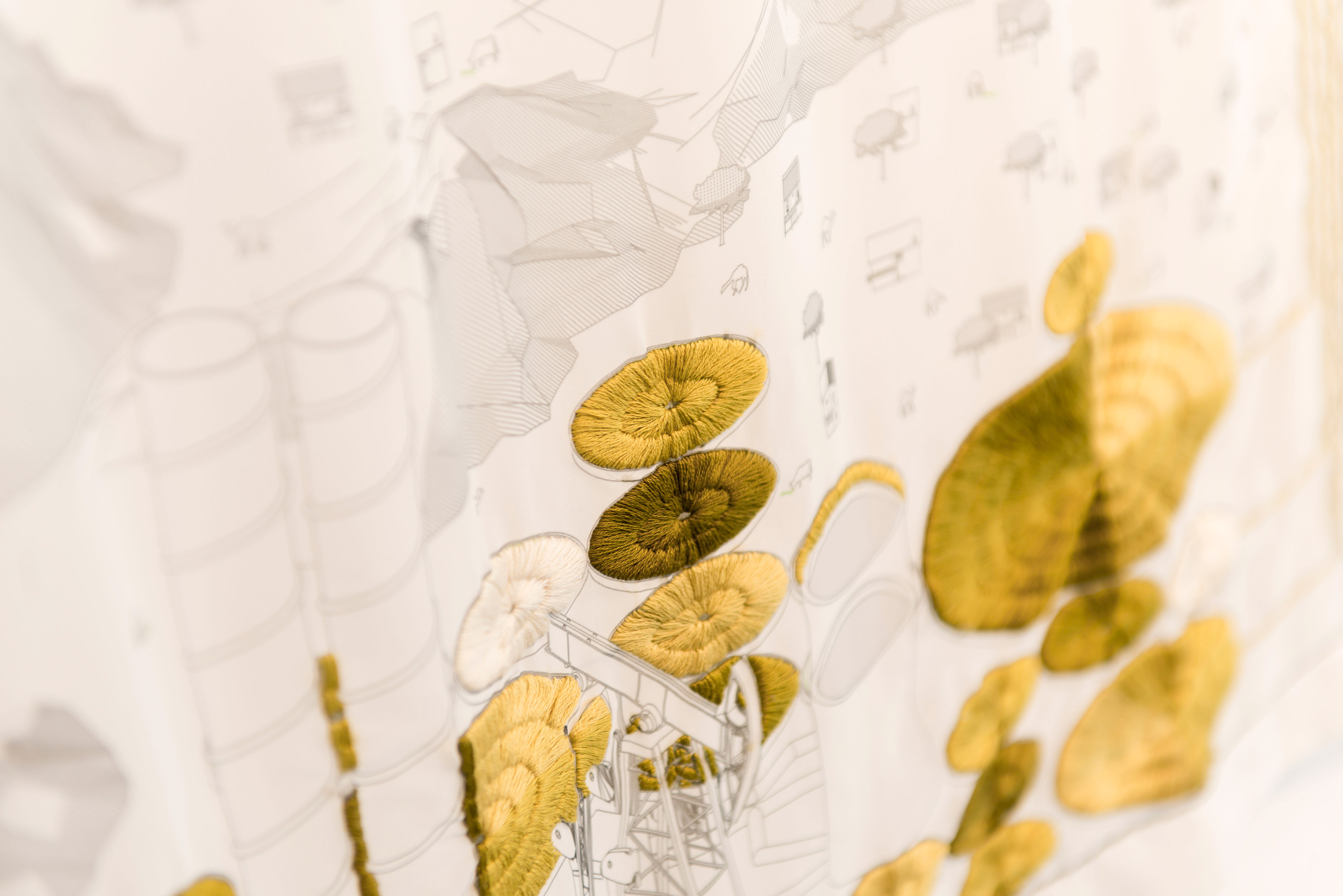
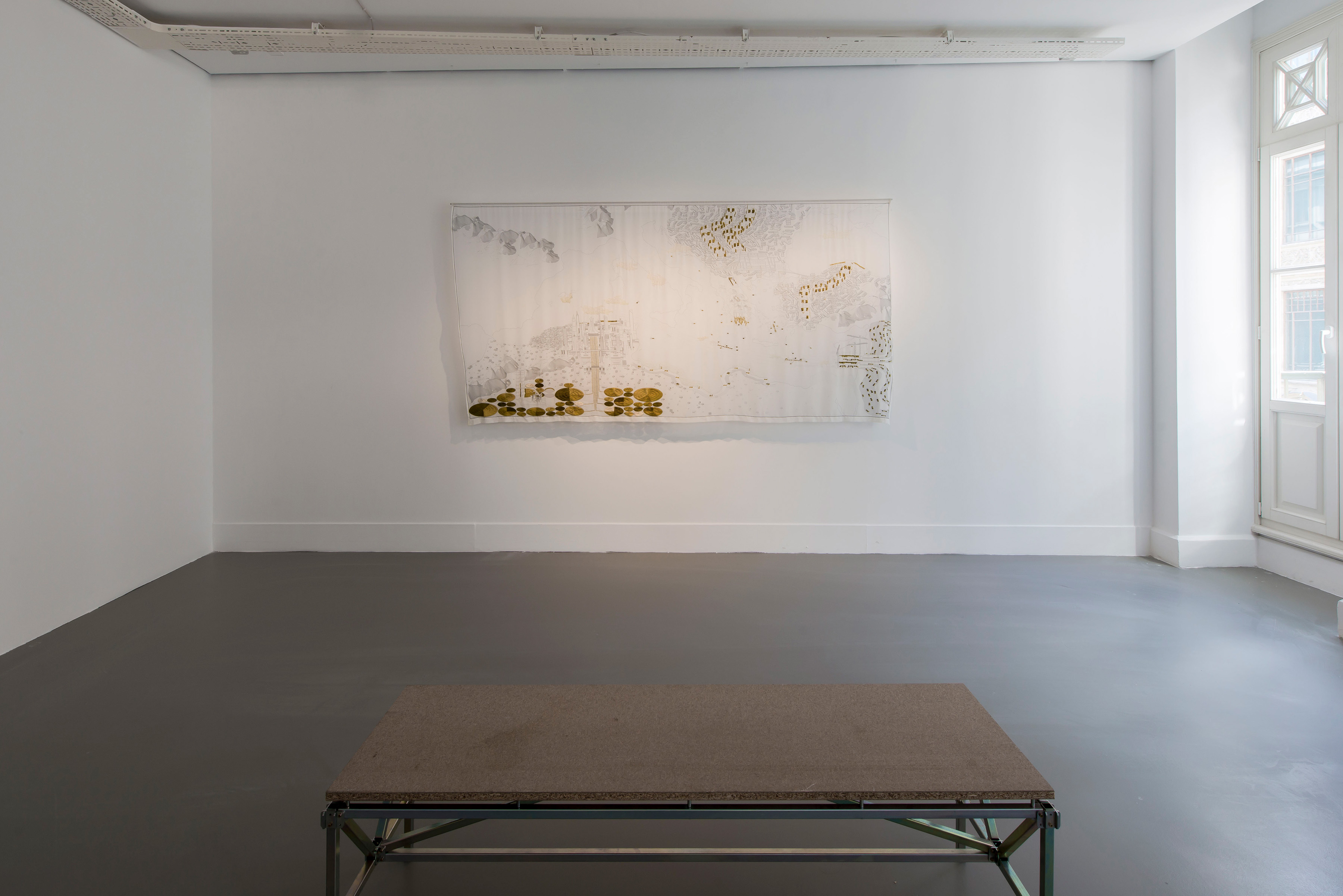
- LocationIstanbul, Turkey
- Date2018
- ClientIstanbul Foundation for Culture and Arts (İKSV)
- StatusInstallation as part of the Istanbul Biennale of Design, 2018
- PhotographyKayhan Kaygusuz, New South
The Mediterranean Sea has historically been a locus of power relations. Located at the intersection of Africa, Europe and Asia, it brings cultures together through the facilitation of trade, transport and cultural exchange. At the same time, these benefits have been accompanied by a desire for control: entangled in myriad commercial, political, and legal lines, the Mediterranean is an area overlaid with—and defined by regulations, borders and limits, and encircled by permanent conflict.
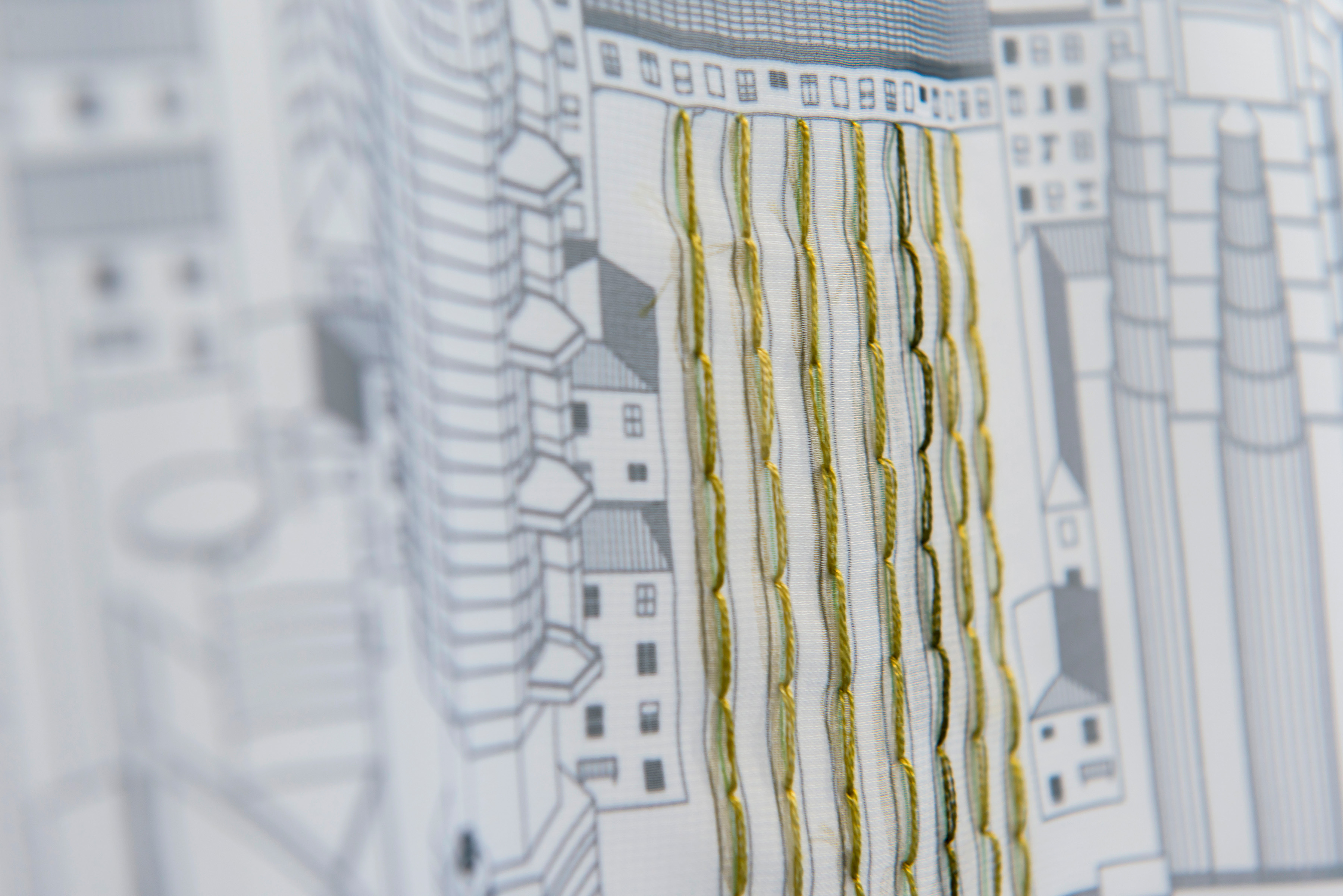
Over time these lines—the dynamic traces of mercenary manœuvres and struggles for control—have grown more abundant, transforming the Mediterranean from a fairly small sea into a strategic battleground patterned by a vast constricting network of wealth and associated power. Throughout history the Mediterranean has witnessed the rise and fall of vast empires. But what lies ahead?
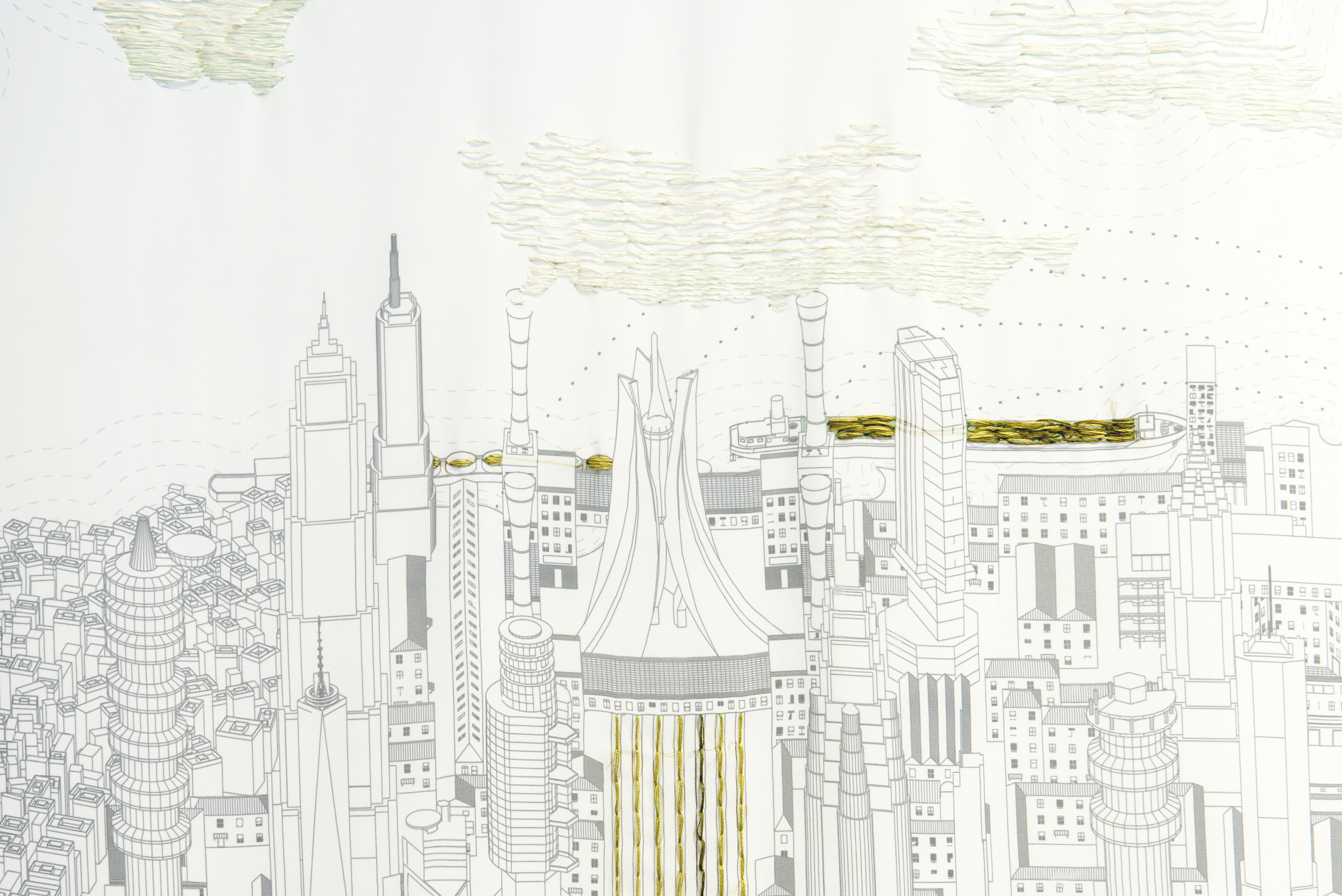
This speculative portrait of the Mediterranean projects a not-too-distant future where algae has become a highly sought-after resource. Its potential as biofuel, food and fertiliser in a context of increasingly acute scarcity begins to reshape the Mediterranean economy. The emergence of a new strategic resource causes distributions of power to be redrawn as constricting lines take on new forms.
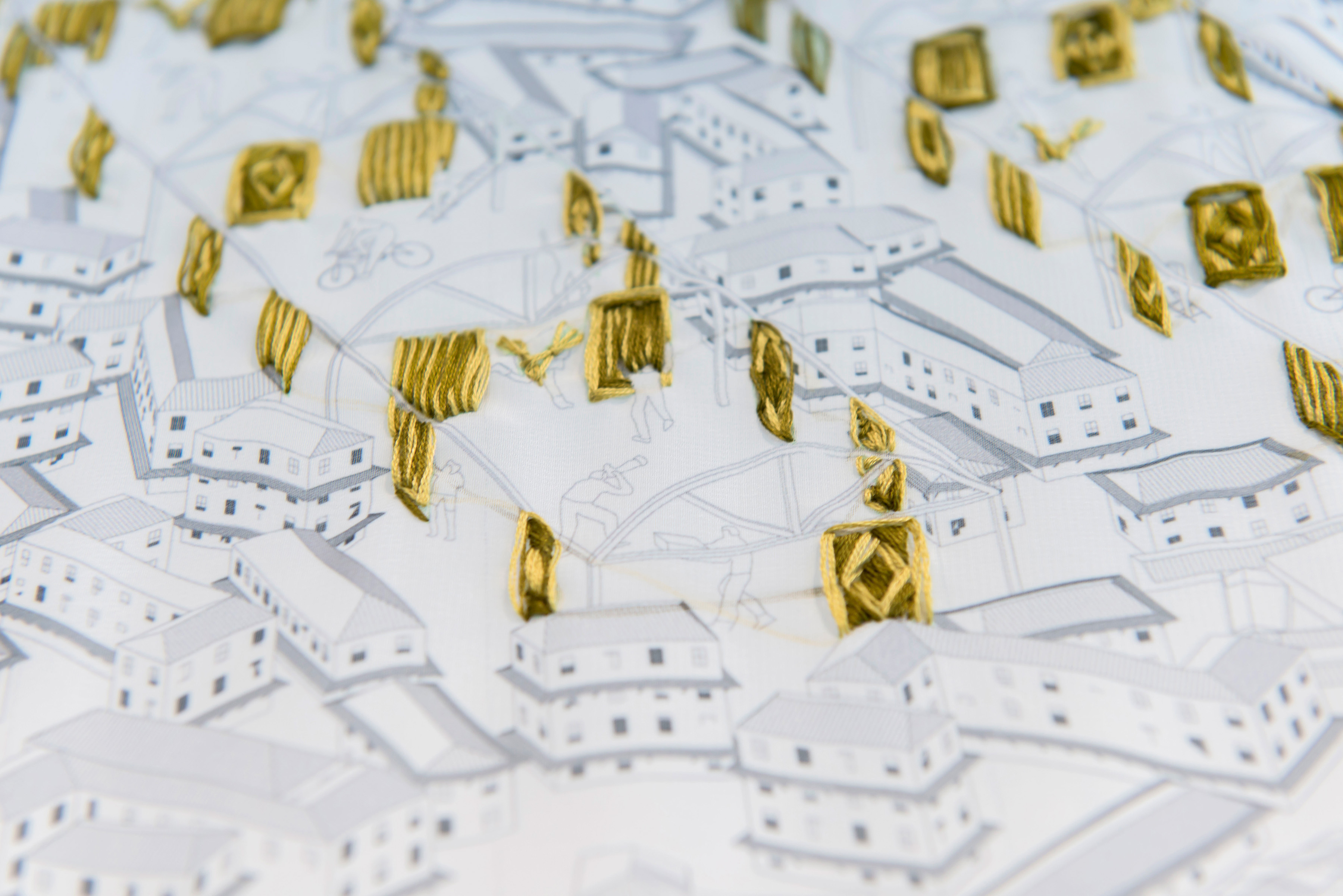
The prevalence of the North-South axis between Africa and Europe is rewritten, as northern Africa finds itself in an ideal position to produce algae as a raw material. Trade and transport begin to flow between northern Africa and Asia as other Mediterranean countries scurry to react to the introduction of algae as a strategically consequential product. Egypt’s enduring alliance with the United States puts it in a precarious position, prompting it to block access to the Suez Canal and isolate itself from the emergent Russian-Chinese economic compact that is tightening its grip on the fringes of the Mediterranean. Syria emerges as a vital gateway between Algiers, the Russian-backed production hub of northern Africa, and Asia, as China monopolises algae transportation, funnelling this booming economy along the One Belt, One Road trade route. Istanbul capitalizes on its position on the Bosporus Strait, remaining economically neutral and thereby allowing its economy of predominantly small to medium sized businesses to exploit the commercial opportunities of myriad algae derived secondary products. This east-bound trade does not go unchallenged, however, as Athens finds relief from its economic collapse in the reintroduction of piracy to the Mediterranean.
A new economic and political reality causes the redistribution of power centres, reorienting the hegemonic North-South dynamic and prompting a dynamic territorial re-imagining of what previously seemed unchangeable.
